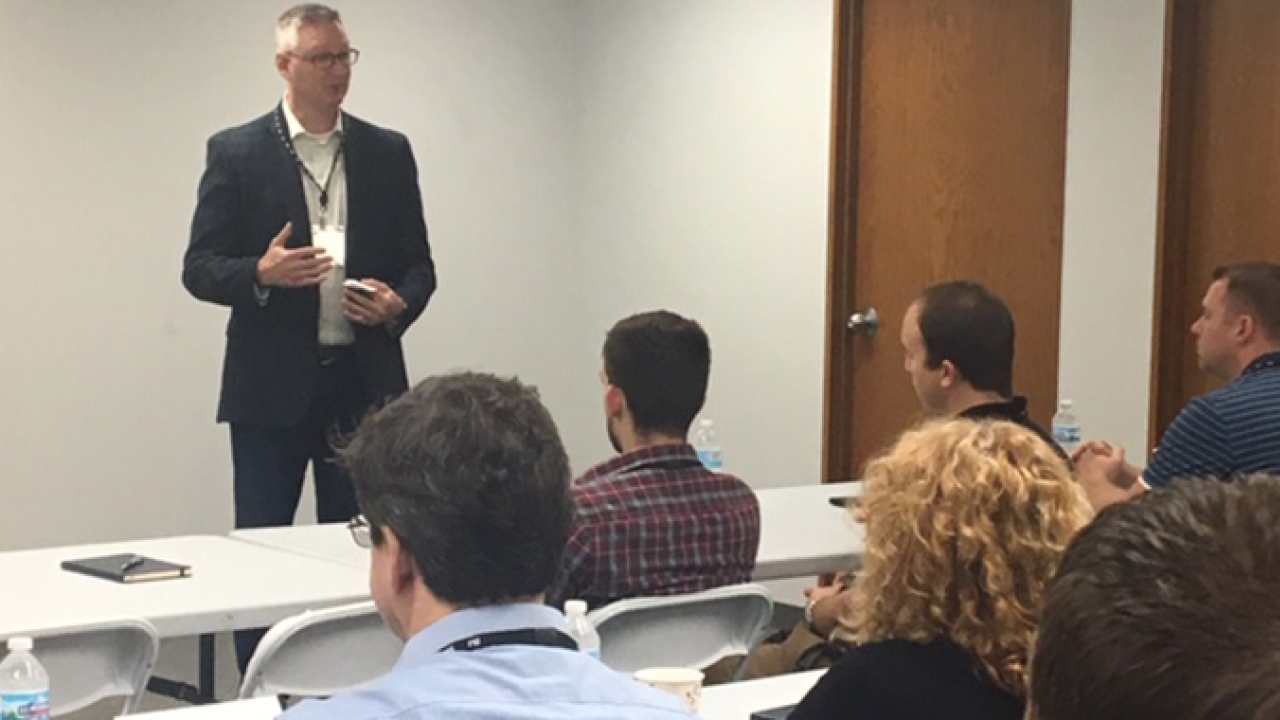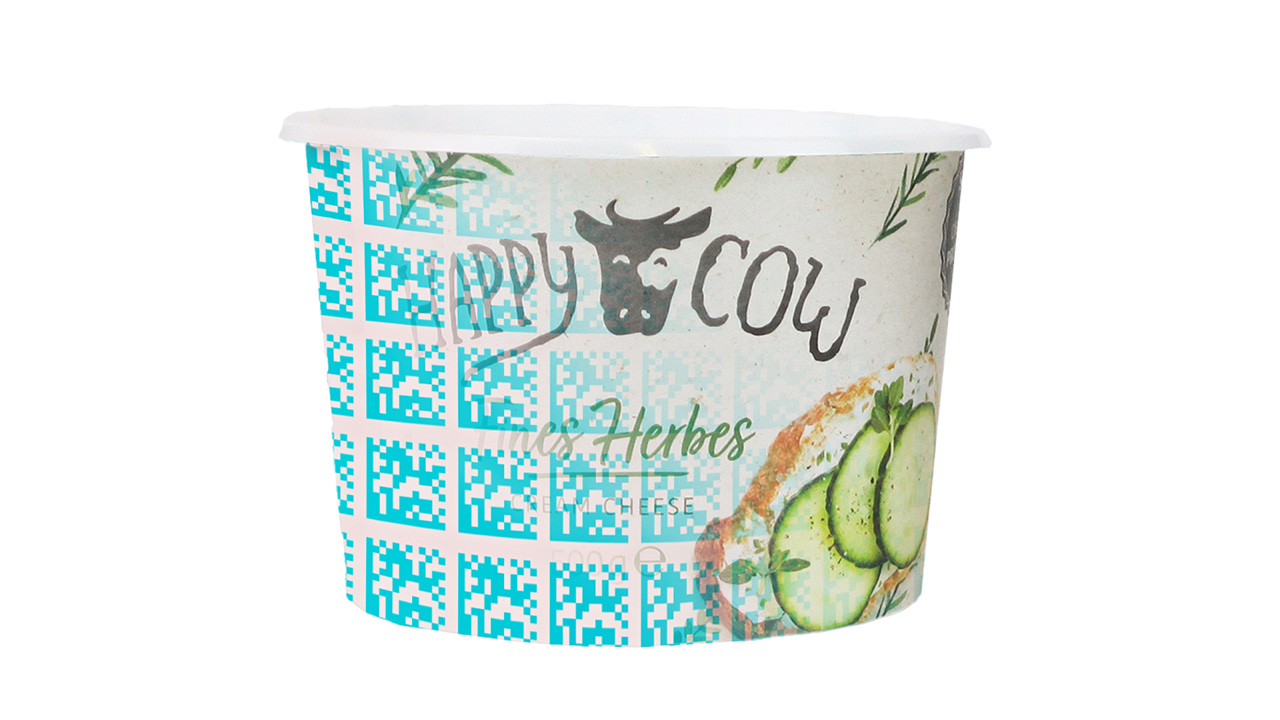The evolution of RR Donnelley

While those tech disruptors may have decimated some of the companies that RRD previously called customers, they didn’t take down RRD. That’s because there is a common denominator that RRD has employed over the years: a willingness to reinvent itself and evolve with the market.
This evolution also extends to RRD’s global label and forms business, which had sales of approximately 750m USD in 2018.
RRD is a Fortune 500 company established in 1864 and headquartered in Chicago. The company employs 39,500 people across 34 countries and had net sales of 6.8bn USD in 2018. RRD built its reputation in the commercial print market and in 2003 it acquired Moore Wallace, a move that thrust RRD into the label and forms market. Moore Wallace’s CEO at the time told the Chicago Tribune: ‘We print the phone bills and they print the phone book. This is the quintessential strategic deal.’
"One of the things that differentiates us is that many of the same customers who are bying commercial print from us are also bying packaging, statements and forms, direct mail, and in-store retail solutions."
It wasn’t the last pivot for the printing company. A decade ago, RRD shifted again to offer integrated marketing solutions. Today, the company is described as a ‘provider of multichannel business communications services and marketing solutions.’ And its labels business is an important part of that.
In the third quarter of 2019, RRD shareholders learned that the labels and packaging business growth was masked by declines in commercial print and industry-consistent softness in its logistics business.
RRD’s label business, led by division president Bruce Hanson, focuses mainly on durable, integrated form/label, variable image thermal transfer and linerless labels. It operates in primarily retail, distribution, logistics, pharma, medical device and industrial durables, RFID and NFC markets. The company has Domino and HP digital printing technology, flexo presses ranging from 10 to 20 inches wide, and letterpress and rotary flatbed screen capabilities. RRD has a presence in prime labeling, particularly with jobs on its digital assets.
‘We’ve got a strong prime presence and strong digital production platform to support that type of work,’ Hanson says. ‘It’s an area we do feel we have the right to play in and the ability to grow, but we want to do it right and add value to the right customers.’
Earlier this year, the company installed a second 26in linerless coating line from ETI in its Angola, Indiana facility. The installation expands RRD’s linerless label production capacity, a ‘core focus’.
More than labels
The company shifted a decade ago in the wake of tech disruptions to offer not just the printed products it built its legacy on, but also digital marketing services such as social media strategy and email campaigns.
Doug Ryan, president of RRD’s marketing solutions business, told the Tech Blog Writer podcast: ‘Historically RRD had to be good at handling large and sensitive data sets, we had to be good at executing large-scale personalization, we had to consistently find ways to execute programs more efficiently. So those general competencies were a natural platform to do more in the marketing services arena.’
Integrated print and digital offerings provide RRD with a competitive edge with the brands looking for a ‘one-stop shop’ and the companies looking to take advantage of its marketing support.
Hanson says: ‘One of the things that differentiates RRD is that many of the same customers who are buying commercial print, are also buying packaging and statements and forms printed by us. Couple that with our marketing solutions, and it really makes buying from us easier for them – particularly at a time when so many companies are trying to rationalize their vendor base.
‘That’s the foundation of what RRD has built over the years and what we will continue to build upon.’
Stay up to date
Subscribe to the free Label News newsletter and receive the latest content every week. We'll never share your email address.


